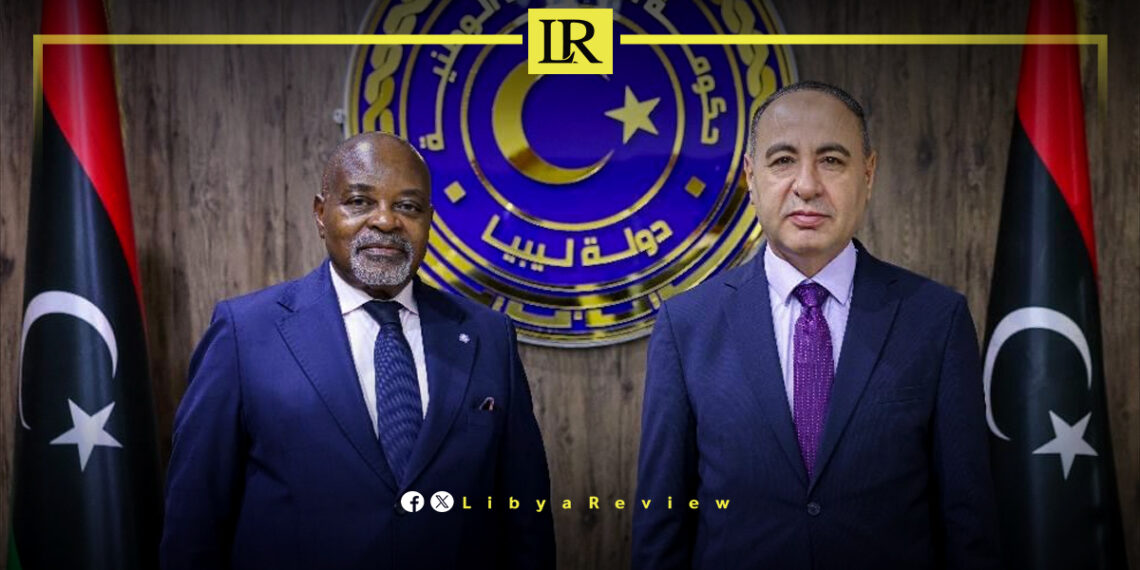In a significant first step in his new role, Mr. Aeneas C. Chuma, the newly appointed Deputy Special Representative of the Secretary-General, UN Resident, and Humanitarian Coordinator in Libya, held his inaugural meeting with the Acting Minister of Foreign Affairs, Mr. Taher Al Baour, yesterday.
During this pivotal discussion, Mr. Chuma underscored his commitment to collaborating with Libyan authorities and partners to promote sustainable development, peace, and resilience across the nation. His appointment comes at a crucial time for Libya, as the country seeks to navigate ongoing challenges and foster stability.
Mr. Chuma expressed his determination to engage with a diverse range of stakeholders, aiming to create a supportive environment for the Libyan people. “Working together with local authorities and international partners, we can advance initiatives that will lead to lasting peace and development in Libya,” he stated.
This meeting marks a renewed focus on humanitarian efforts and cooperative governance in Libya, highlighting the importance of international support in achieving the country’s development goals.
As the situation in Libya continues to evolve, the engagement of international leaders like Mr. Chuma is critical in fostering hope and driving meaningful change.
Libya has been in chaos since a NATO-backed uprising toppled longtime leader Muammar Gaddafi in 2011. The county has for years been split between rival administrations.
Libya’s economy, heavily reliant on oil, has suffered due to the ongoing conflict. The instability has led to fluctuations in oil production and prices, impacting the global oil market and Libya’s economy.
The conflict has led to a significant humanitarian crisis in Libya, with thousands of people killed, and many more displaced. Migrants and refugees using Libya as a transit point to Europe have also faced dire conditions.
The planned elections for December 2021 were delayed due to disagreements over election laws and the eligibility of certain candidates. This delay has raised concerns about the feasibility of a peaceful political transition.
Despite the ceasefire, security remains a significant concern with sporadic fighting and the presence of mercenaries and foreign fighters. The unification of the military and the removal of foreign forces are crucial challenges.


